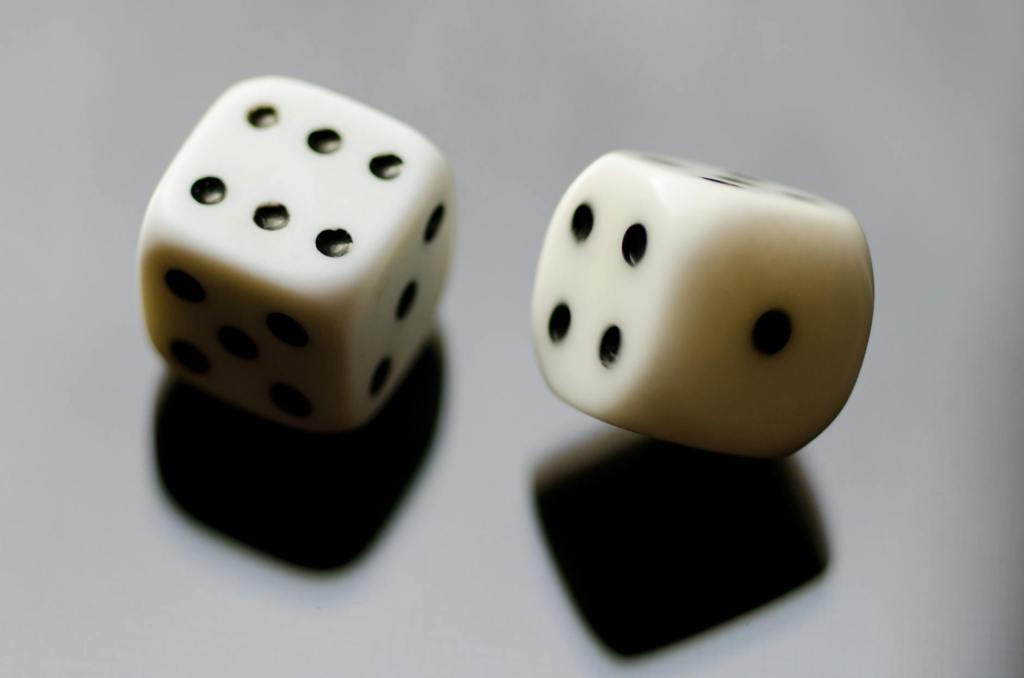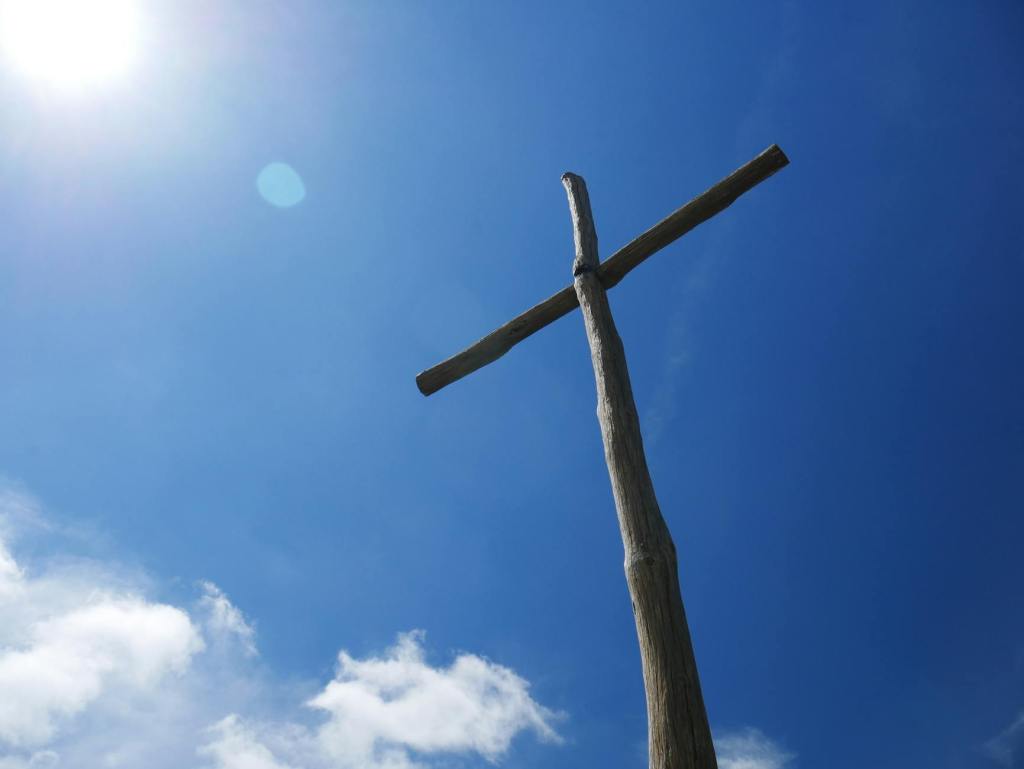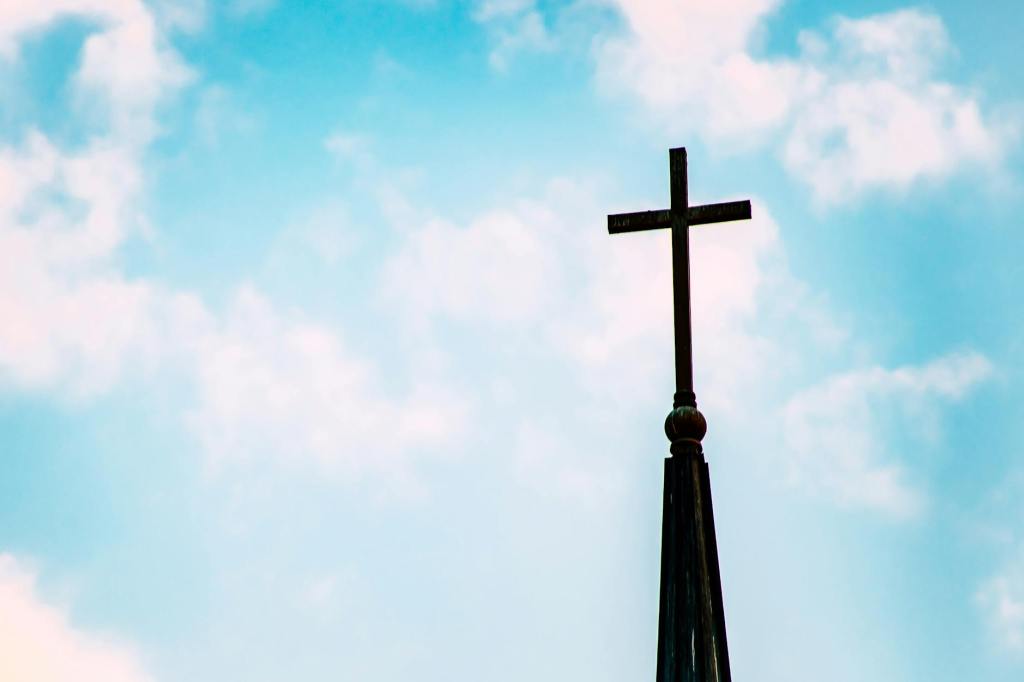Fifth Sunday in Lent
March 17, 2024
John 12:20-33
Even with all the rain, I know exactly what I’ll see on my way home this afternoon. Golf carts decorated with green streamers. Bars packed with people wearing funny hats, drinking green beer. A crowd of people on Post Office Street celebrating Saint Patrick’s Day. There are Saint Patrick’s Day concerts, parties across the city; there is even a Saint Patrick’s Day Pickleball tournament at the San Luis. Y’all, this might be getting out of hand.
I mean, here was a man who gave his life to Jesus. Who gave his life to prayer, who started churches. And to remember St. Patrick, to honor his blessed memory, we eat corned beef and talk about snakes in Ireland. It just doesn’t add up to me. Maybe I’m just too much of a curmudgeon.
Maybe I’m too much like Philip. In that story we just heard, the people have gathered for a festival. Passover in Jerusalem was not Saint Patrick’s Day in Dublin, or Galveston for that matter, but you get the gist. People from all over the ancient world would have come to Jerusalem for Passover. For the festival. And some Greeks, that is, some people who are not Jewish, go up to Philip and say, “Sir, we wish to see Jesus.” That’s one of my favorite lines in the whole Bible. “Sir, we wish to see Jesus.” But it seems that Philip is a curmudgeon about them, or at least cautious. Maybe Philip thinks these Greeks just want to see Jesus pull off a miracle. Maybe Philip thinks these Greeks might be conspiring to get rid of Jesus. Maybe Philip, like me, is just worn out by the festival and all the people and noise. So Philip first consults with his fellow disciple, Andrew. And then together they go get Jesus.
This sets off one of the most brilliant passages in the Gospel of John. Jesus goes on to talk about life and love and God. Jesus talks about the true life, the abundant life that comes only through service. And Jesus says that the more we love ourselves, the more we lose grip on this life. Isn’t that the truth. Some old priest wrote a reflection on this passage. He wrote, “Self-love is self-destruction; self-centeredness is sin, and self-love is hell. It is a condition that is bound to be miserable. The soul feeds on itself and so devours itself.”1
So what Jesus is offering here, is happiness. I do sincerely believe that what Jesus wants for us, for his disciples, for those Greeks, for every single human being – is happiness. The bitter truth, though, is that our happiness cannot come from within us. Our happiness will not come by serving ourselves. The plate of corned beef and the pint of green beer might give us a passing moment of pleasure, but it will not give us happiness. Deep-seated, lively, joyful, happiness.
Not that those things are bad. Yes, I will most likely have a plate of corned beef and some green beer, like I have done most every Saint Patrick’s Day in my adult life. But I’ve also learned that it won’t make me happy. Usually, it’ll give me indigestion and make me want to take a nap.
That’s the point Jesus is trying to make. We think that these things will give us life, but in fact, they take life from us. Because the things of this life are never enough. It’s like the story of a man who bought his dream sports car to drive to work. And because he loved it so much, he paid for better insurance on it. Then, he didn’t want to park it on the street in front of the office, so he paid for a spot in a garage. And because he was afraid it would get dented in the garage, he bought a cover for the car. And because he kept the car is such pristine condition, he would’t let his friends drive in it, lest they mess up the leather seats. So does he own the car or does the car own him? Is he actually happy, or is he a prisoner of his own creation?
So this happiness from Jesus, this life in the shadow of the cross, it is a different sort of happiness altogether. When Jesus is lifted up from the earth, he will draw all people to himself. And rather than taking life from us, the Holy Spirit gives us life, abundant life. We are freed from those prisons of our own making, those prisons which have been making us miserable.
And please don’t think that I stand here before you, telling you this as some righteous preacher. Smugness is often the worst quality among clergy. Because if any one needs to hear this message about liberation, about happiness, about life, it is those of us who presume to know Jesus the best. I have felt it. I have thought that happiness would come from leading a bigger church, from having a more prestigious title, from being well-known and well-liked. Those accolades, those positions, those dreams, they are seductive. And so you want more and more to keep that ego fix coming. This is how churches so easily become cults of personality. But in reality, the cults of personality have never been about Jesus; they have not been life-giving. They’re life-taking; it’s taking the happiness out of the leader, it’s taking the happiness out of the people who are there. Because it’s just another prison of our creation.
That’s why the message about the cross, about the grain of wheat falling to earth and dying is so freeing. Because we cannot gain true happiness, true abundant life. True happiness, that abundant life that Jesus wants us to have is not anything that can be bought, earned, or manipulated. It is a gift. So when Jesus says that he will draw all the world to himself, it is a gift. Jesus will not coerce the whole world, Jesus will not manipulate the masses to come to him. No, Jesus will simply open wide his arms open the cross and offer this simple life. A life of caring about others, a life of kindness. That’s what we’ve learned through this journey of Lent, and that’s what we’ll learn again on Good Friday. It is in giving that we shall receive, it is in pardoning that we pardoned, it is in dying that we are born to eternal life.
So what about those Greeks at the festival, who asked Philip to see Jesus. You see, they are us. I think that Saint John wrote us into the story. We’re outsiders to Jesus’ religious world, we have come to the festival but we’re spiritual passersby. We don’t have the history, the lineage, the deep, visceral connection to Passover. Not that those are bad, in fact, Passover is good. And this is what Passover is about anyway – freedom, liberation, and true happiness that comes from a life with Almighty God. So what Jesus does for those curious Greeks, he does for us. Jesus invites us in. He does not coerce us, he does not manipulate us. He offers us to be with us. “Whoever serves me must follow me, and where I am, there will my servant be also…” (John 12:26).
Now, back to Saint Patrick’s Day. If our only happiness comes from corned beef, funny green hats, it won’t last. So then we’ll try to get happiness from fireworks and hot dogs on the Fourth of July. From turkey and stuffing on Thanksgiving. From champagne and ball gowns on New Years’ Eve. Till we circle right back around to Saint Patrick’s Day next year, not any happier than we were the year before; but still searching for something. We’ll run from place to place, buying this toy then that one, going to this party then the next, but never really happy. We’ll become prisoners in search of something that the world simply cannot give us.
When our happiness comes from there, from the cross, then all the other joys in life actually add to it. We can put those things in their proper order. All the other little joys in life become better. St. Patrick’s Day is better, because you’re not depending on it for anything more than just a little diversion, and it’s not heartbreaking if it, quite literally, rains on your parade. True joy will come from saying your prayers, worshiping the Lord God, spending time in community, not because God is taking life from you but because God is giving you abundant life. As Jesus has been lifted up from the earth, so is he drawing you to himself, so that you would be happy.
- William Temple, Readings in St. John’s Gospel, 196, 7. ↩︎






Leave a comment